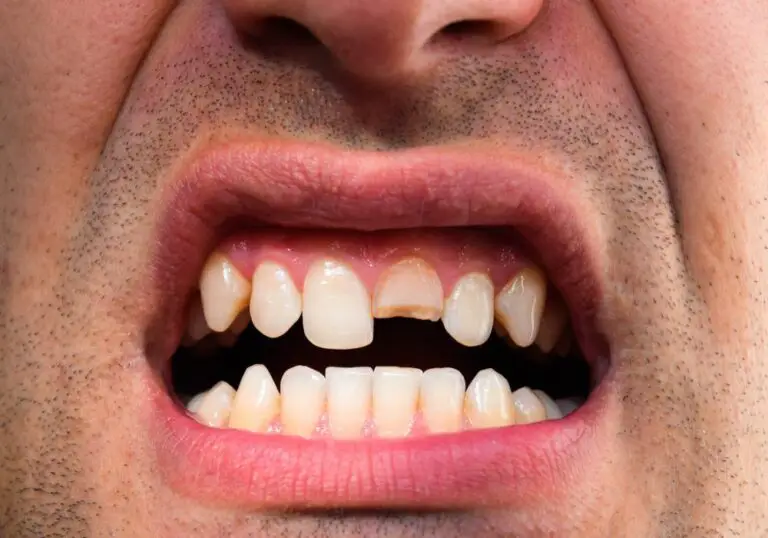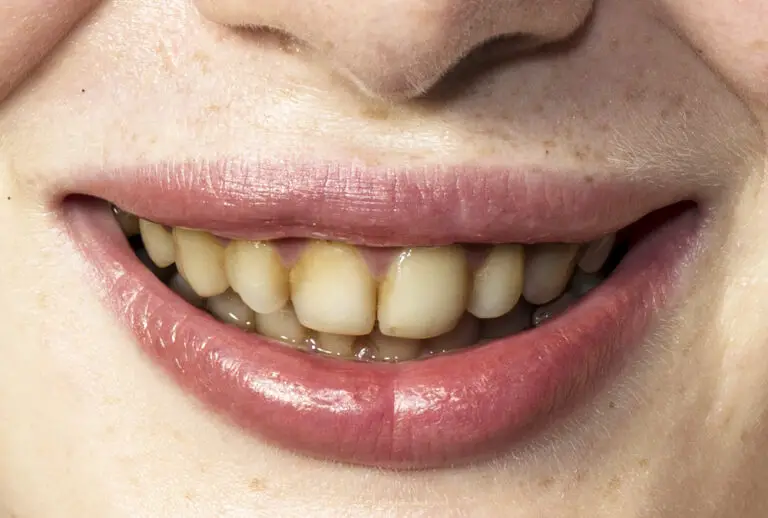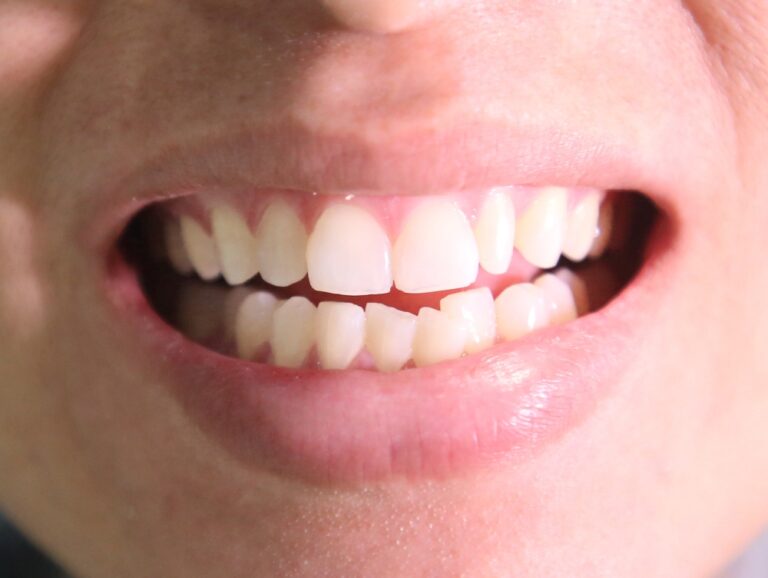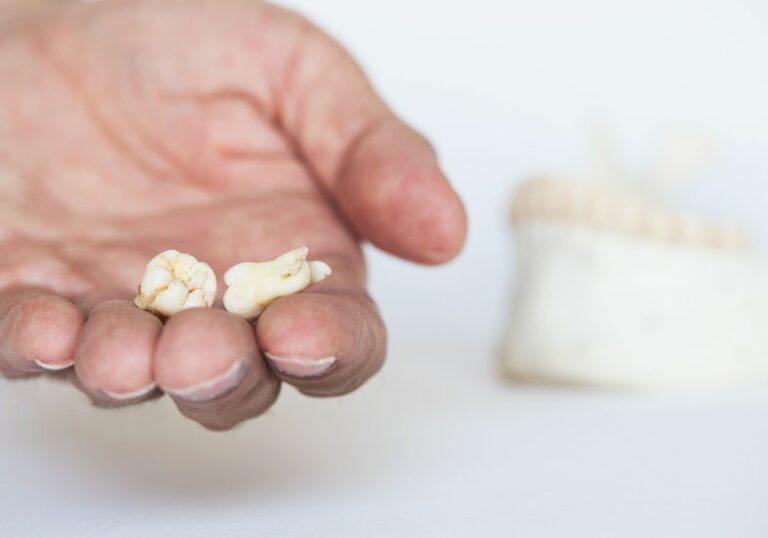Are you experiencing tooth pain and wondering what you can do to alleviate the discomfort? Toothaches can be caused by a variety of factors, including cavities, gum disease, or a cracked tooth. Regardless of the cause, tooth pain can be incredibly uncomfortable and disruptive to your daily life. Fortunately, there are several remedies you can try at home to help ease the pain.
One of the simplest and most effective ways to relieve tooth pain is by rinsing your mouth with warm salt water. This can help to reduce inflammation and kill bacteria, which can help alleviate pain and prevent further infection. Another option is to apply a cold compress to the affected area, which can help to reduce swelling and numb the area, providing temporary relief. Over-the-counter pain medications can also be helpful in managing tooth pain, but it’s important to follow the recommended dosage and not exceed the recommended amount.
Understanding Tooth Pain

Tooth pain can be a real nuisance, causing discomfort and making it difficult to eat or drink. Understanding the causes and symptoms of tooth pain can help you take the necessary steps to alleviate the pain and prevent it from returning.
Causes of Tooth Pain
Tooth pain can be caused by a variety of factors, including:
- Tooth decay: When bacteria in your mouth produce acid that eats away at your tooth enamel, it can lead to cavities and tooth decay. This can cause pain when the decay reaches the nerve endings in your tooth.
- Gum disease: Gum disease, also known as periodontitis, is an infection of the tissues that surround and support your teeth. It can cause tooth pain by causing your gums to recede and exposing the sensitive roots of your teeth.
- Tooth abscess: A tooth abscess is a pocket of pus that forms around the root of an infected tooth. It can cause severe pain and swelling and may require immediate treatment to prevent further complications.
- Tooth fracture: A tooth fracture can occur due to trauma or biting down on something hard. It can cause pain when the fracture exposes the sensitive inner layers of your tooth.
Symptoms of Tooth Pain
The symptoms of tooth pain can vary depending on the underlying cause, but may include:
- Sharp or throbbing pain in your tooth or jaw
- Sensitivity to hot or cold temperatures
- Swelling or tenderness in your gums
- Difficulty chewing or biting down
- Bad breath or a foul taste in your mouth
If you are experiencing tooth pain, it is important to see a dentist as soon as possible to determine the cause and receive appropriate treatment. In the meantime, you can try rinsing your mouth with warm saltwater, using over-the-counter pain relievers, or applying a cold compress to the affected area to help alleviate the pain.
Home Remedies
If you’re experiencing tooth pain, there are several home remedies you can try to alleviate the discomfort. Here are a few options to consider:
Cold Compress
A cold compress can help reduce inflammation and numb the area around the affected tooth. To make a cold compress, wrap a few ice cubes in a towel and hold it against your cheek near the painful tooth for 15-20 minutes at a time. Repeat as necessary.
Salt Water Rinse
A saltwater rinse can help reduce inflammation and kill bacteria in your mouth. To make a saltwater rinse, dissolve 1/2 teaspoon of salt in a cup of warm water. Swish the solution around in your mouth for 30 seconds, then spit it out. Repeat several times a day.
Clove Oil
Clove oil has natural numbing properties and can help alleviate tooth pain. To use clove oil, soak a cotton ball in the oil and place it against the affected tooth for 15-20 minutes. You can also mix a few drops of clove oil with a carrier oil, like coconut oil, and apply it to the affected area with a cotton swab.
Remember, while these home remedies may provide temporary relief, it’s important to see a dentist if your tooth pain persists or worsens.
Over-The-Counter Solutions

If you’re experiencing tooth pain, there are a few over-the-counter (OTC) solutions that may provide relief until you can see a dentist. Here are a few options to consider:
Pain Relievers
Taking an OTC pain reliever like acetaminophen (Tylenol) or ibuprofen (Advil) can help to dull the ache of a toothache. However, be sure to follow the recommended dosage on the label, and don’t exceed the maximum daily dose.
Orajel
Orajel is a topical pain reliever that can be applied directly to the affected area. It contains benzocaine, which works to numb the area and provide temporary relief. However, it’s important to use caution when using Orajel, as overuse can lead to further irritation and damage to the gums.
Aspirin
Aspirin can also be effective in relieving tooth pain, but it should never be placed directly against the gums. Instead, crush the aspirin into a fine powder and mix it with a small amount of water to create a paste. Apply the paste directly to the affected tooth and leave it on for a few minutes before rinsing with water.
Remember, while OTC solutions can provide temporary relief, they are not a substitute for professional dental care. If you’re experiencing tooth pain, be sure to schedule an appointment with your dentist as soon as possible.
Professional Help
If your toothache is severe or persists for more than a couple of days, it’s time to seek professional help. A dentist can diagnose the underlying cause of your toothache and provide appropriate treatment to relieve the pain. Here are some options that your dentist may recommend:
Dentist Appointment
Your dentist will examine your teeth and gums to determine the cause of your toothache. They may take X-rays to see if there are any signs of decay or infection. Once they have identified the problem, they will recommend a suitable treatment to relieve your pain.
Root Canal Treatment
If your toothache is caused by an infection in the pulp of your tooth, your dentist may recommend a root canal treatment. During this procedure, the infected pulp is removed from the tooth and the root canal is cleaned and sealed to prevent further infection. This treatment can save your tooth and relieve your pain.
Tooth Extraction
If your tooth is severely decayed or damaged, your dentist may recommend a tooth extraction. This involves removing the entire tooth from the socket. While this may sound scary, it’s a common procedure and is usually done under local anesthesia, so you won’t feel any pain during the procedure.
Remember, if you have a toothache, it’s important to seek professional help. Your dentist can provide appropriate treatment to relieve your pain and prevent further damage to your teeth.
Preventive Measures

Taking preventive measures can help reduce the likelihood of experiencing tooth pain. Here are some ways to take care of your teeth and prevent toothaches:
Regular Dental Check-ups
Regular dental check-ups are essential to maintaining good oral health. Your dentist can identify and treat any potential dental problems before they become severe. It is recommended that you visit your dentist at least twice a year for routine check-ups and cleanings.
During your dental check-up, your dentist will examine your teeth, gums, and mouth for any signs of decay, cavities, gum disease, or other dental problems. They will also clean your teeth to remove any plaque or tartar buildup.
Proper Oral Hygiene
Practicing proper oral hygiene is crucial for preventing toothaches. Brush your teeth at least twice a day for two minutes each time, and floss at least once a day to remove any food particles and plaque between your teeth.
Use a fluoride toothpaste to help strengthen your teeth and prevent cavities. Consider using an antibacterial mouthwash to kill any bacteria in your mouth that can cause tooth decay and gum disease.
Healthy Diet
Eating a healthy diet can also help prevent toothaches. Avoid sugary and acidic foods and drinks that can damage your teeth and cause cavities. Instead, eat foods that are rich in calcium, such as milk, cheese, and yogurt, to help strengthen your teeth.
Drink plenty of water to keep your mouth hydrated and to wash away any food particles and bacteria. Chewing sugar-free gum can also help stimulate saliva production, which can help neutralize acid in your mouth and prevent tooth decay.
By following these preventive measures, you can help keep your teeth healthy and reduce the likelihood of experiencing tooth pain.
Frequently Asked Questions
How can I relieve tooth pain at home?
There are several ways you can relieve tooth pain at home. You can try using a cold compress on the affected area, rinsing your mouth with salt water, or applying clove oil to the affected tooth. Taking over-the-counter pain relievers like ibuprofen or acetaminophen can also help.
What are some natural remedies for tooth pain?
Some natural remedies for tooth pain include applying a cold compress, rinsing your mouth with salt water, or using clove oil. You can also try chewing on a piece of ginger root or applying a paste made from baking soda and water to the affected tooth.
What over-the-counter medications can help with tooth pain?
Over-the-counter pain relievers like ibuprofen or acetaminophen can help with tooth pain. You can also try using an oral numbing gel or an over-the-counter toothache medication like Orajel.
Are there any home remedies for numbing a tooth nerve?
While there are no home remedies that can completely numb a tooth nerve, there are some things you can try to help alleviate the pain. Applying a cold compress, rinsing your mouth with salt water, or using clove oil can all help to reduce pain and inflammation.
How can I prevent tooth pain in the future?
To prevent tooth pain in the future, it’s important to practice good oral hygiene. This includes brushing your teeth twice a day with fluoride toothpaste, flossing daily, and seeing your dentist for regular checkups. You should also avoid eating sugary or acidic foods and drinks, and quit smoking if you’re a smoker.
When should I see a dentist for tooth pain?
If you’re experiencing severe or persistent tooth pain, you should see a dentist as soon as possible. You should also see a dentist if you have any signs of infection, such as swelling or fever. Your dentist can diagnose the cause of your tooth pain and recommend appropriate treatment.







